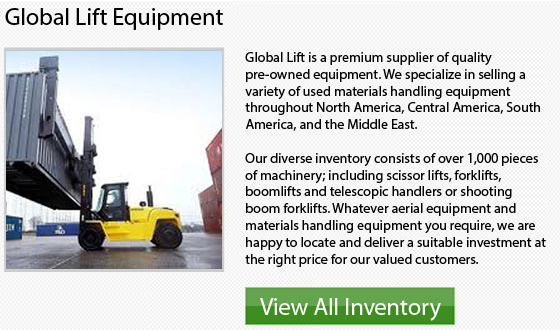
Dangers of Type-G forklifts
The lift truck is important for completing warehouse tasks. These extremely capable equipment raise and move loads of huge size from one location to another. Lift trucks have lots of variations. The primary variation is the way in which different kinds of forklifts are fueled. "LP" lift trucks are the kind which is most common. They use liquid propane. Type "E" forklifts have big rechargeable batteries and run on electricity. Type "D" forklifts are fueled by diesel and type "G" use gasoline. While all lift trucks, similar to any piece of heavy machine, can pose a danger, gasoline powered forklifts pose the most risks.
Fire
Forklifts labelled type G could present a fire hazard. Gas forklifts are not made with the same rigorous standards. Gas leaks are the biggest cause of fire due mostly to gas leaks and also escaped gas fumes. This can result driving on extremely rough terrain and from normal wear or from mishaps. These circumstances pose a danger and can cause fire. Thus, a standard Type G lift truck must never be used in conditions where elevated fire risk is deemed unacceptable. For example, these units must not be utilized around explosives or hazardous chemicals.
Explosion
Type G lift trucks also pose a risk of explosion, as do those that operate on diesel and liquid propane. A type of forklift which operate on gasoline can explode as a result of a serious mishap in circumstances where a gasoline leak and an ignition source are present. An explosion can occur when sparks are created in the collision and the sparks ignite the gasoline.
Fumes and Exhaust
Type G forklifts pose a serious inhalation hazard because of toxic fumes. Gasoline fumes could be deadly in high concentrations. Fumes could result from gasoline leaks or from the exhaust itself. Thus, a Type G forklift is really not suggested for any setting which is poorly ventilated. The exhaust would present a serious danger in enclosed spaces. This type of forklift should be utilized carefully when operated in close proximity to people.